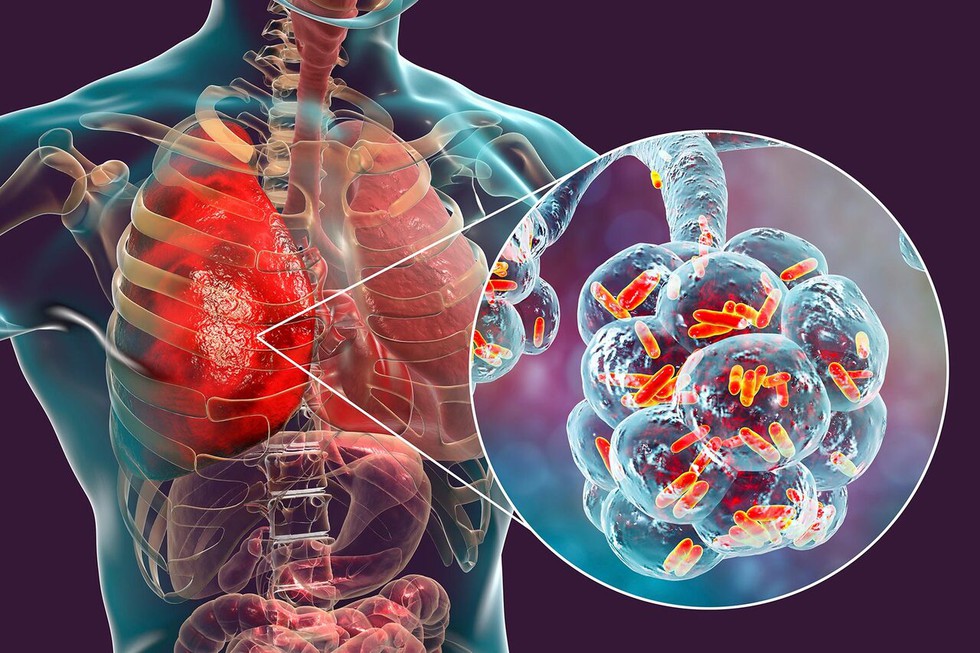About Legionnaires’ Disease
- About: Legionnaires’ disease is a severe form of pneumonia caused by Legionella bacteria commonly found in freshwater environments like lakes or streams but can also thrive in man-made water systems.
- Types: Legionella most commonly causes one of two lung diseases:
- Legionnaires' disease is a type of severe pneumonia
- Pontiac fever is mild respiratory disease
- Symptoms: The symptoms of Legionnaires' disease are similar to those of other types of pneumonia and typically include cough, fever, headaches, muscle aches, and shortness of breath. In some cases, individuals may also experience confusion, diarrhea, or nausea.
- Transmission: The most common form of transmission of Legionella is inhalation of contaminated aerosols from contaminated water. It is not contagious, meaning it is not spread from person-to-person.
- Treatment: Treatments exist, but there is no vaccine currently available for Legionnaires’ disease. Patients with Legionnaires’ disease always require antibiotic treatment following diagnosis.
